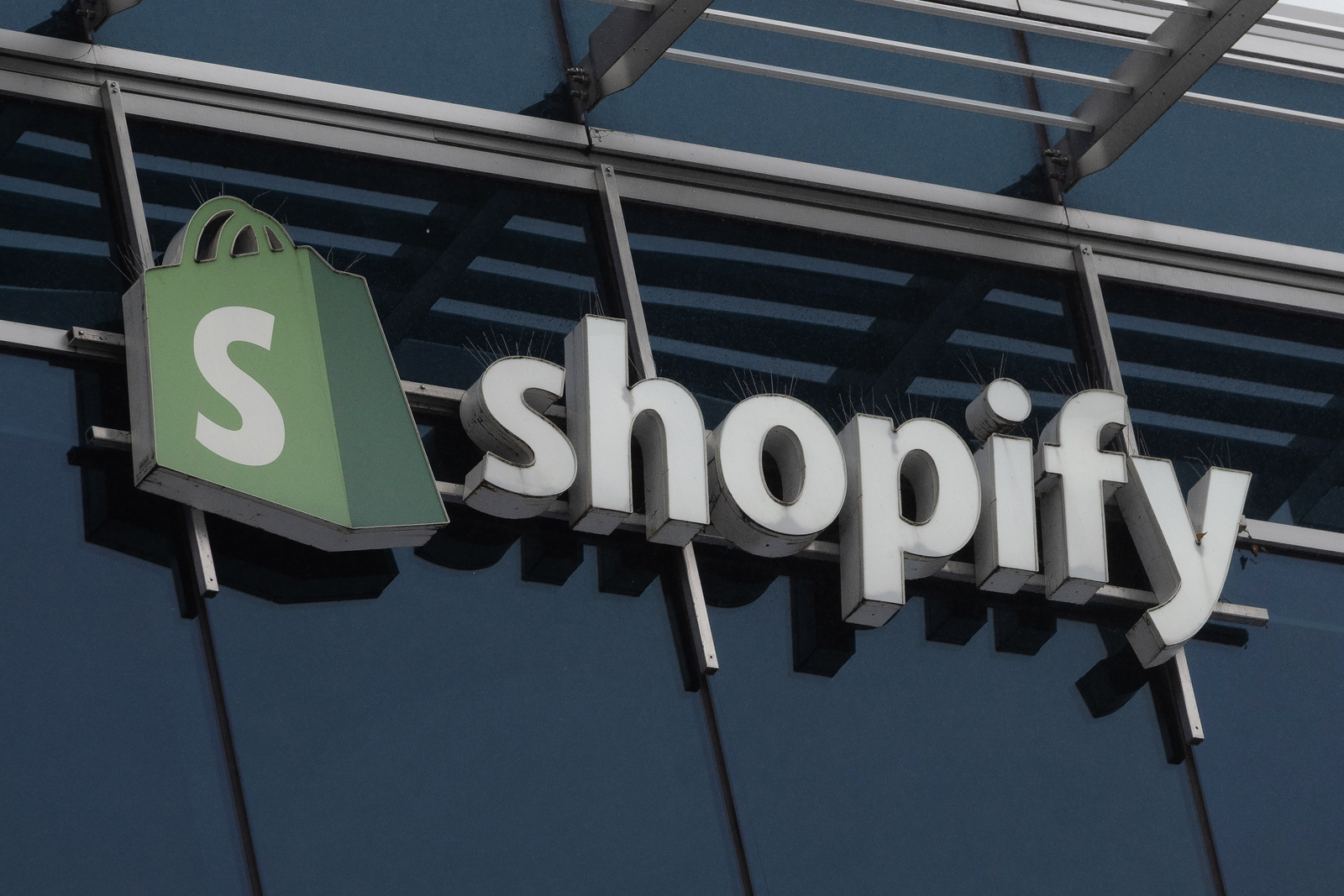Notifications
ALL BUSINESS
COMIDA
DIRECTORIES
ENTERTAINMENT
FINER THINGS
HEALTH
MARKETPLACE
MEMBER's ONLY
MONEY MATTER$
MOTIVATIONAL
NEWS & WEATHER
TECHNOLOGIA
TV NETWORKS
VIDEOS
VOTE USA 2026/2028
INVESTOR RELATIONS
COMING 2026 / 2027
ALL BUSINESS
COMIDA
DIRECTORIES
ENTERTAINMENT
FINER THINGS
HEALTH
MARKETPLACE
MEMBER's ONLY
MONEY MATTER$
MOTIVATIONAL
NEWS & WEATHER
TECHNOLOGIA
TV NETWORKS
VIDEOS
VOTE USA 2026/2028
INVESTOR RELATIONS
COMING 2026 / 2027
About Me
 Latinos Media
Latinos Media Latinos Media provides all types of news feeds on a daily basis to our Members
Posted by - Latinos Media -
on - May 4, 2023 -
Filed in - Financial -
-
2.9K Views - 0 Comments - 0 Likes - 0 Reviews

Shopify revealed today that it’s laying off 20% of its workforce, impacting more than 2,000 people, and is selling its logistics business to Flexport for roughly 13% in stock.
The news comes some 10 months after Shopify announced that it was reducing 10% of its workforce — roughly 1,000 people — and follows a trend that has seen many big technology companies engage in several rounds of redundancies in response to economic headwinds.
It’s difficult to know exactly how many people are impacted by this latest round of layoffs. According to Shopify’s own website it has more than 11,600 employees, however it only recently updated this figure from 10,000 employees, which doesn’t make a great deal of sense if it laid off 1,000 employees last year.
At any rate, going by Shopify’s most recent self-reported numbers, today’s news likely impacts in the region of 2,300 workers. The company says that those impacted will receive a minimum of 16 weeks severance pay, plus an additional week for every year served at Shopify. They will also receive medical benefits for that same duration.
“Side quest”In a blog post today, Tobias Lütke refers to “main quests” and “side quests,” the former being the company’s core raison d’être which is what it’s best known for — e-commerce software for online retailers. However, shipping and logistics always goes hand-in-hand with e-commerce, which is why Shopify has been building up that side of its business too, and this is what Lütke refers to as one of its “side quests,” and is what was ultimately getting in the way of its main operations.
“Side quests are always distracting because the company has to split focus,” Lütke said. “Sometimes this can be worth it, especially when engaging the side quest creates the conditions by which the main quest can become more successful. In the beginning, as a small startup, companies are intensely focused. It’s often said that larger companies are more sluggish but this is not because of their size, it’s because of all the side quests and distractions they accumulate along the way. This happens because larger companies can afford to be somewhat inefficient, especially during stable economic boom times. But once they need to adapt to some new paradigm they can’t. They will get replaced by more focused competitors, or collapse outright.”
But while being “more focused” on its core product was one of the reasons Lütke cited for downsizing, he also pointed to the burgeoning AI revolution as another reason why Shopify might be better off going back to basics.
“We are heading into a decade of high velocity and massive change,” Lütke said. “We will require speed, agility, and a great deal of innovation. Technological progress always arcs towards simplicity, and entrepreneurs succeed more when we simplify. But now we are at the dawn of the AI era and the new capabilities that are unlocked by that are unprecedented. Shopify has the privilege of being amongst the companies with the best chances of using AI to help our customers. A copilot for entrepreneurship is now possible. Our main quest demands from us to build the best thing that is now possible, and that has just changed entirely.”
For context, Flexport is a 10-year-old freight and logistics platform that has raised more than $2 billion in funding from big-name investors including Andreessen Horowitz and SoftBank. Shopify itself invested as part of Flexport’s Series E round last February, and a few months later Shopify also acquired logistics startup Deliverr for more than $2 billion. It’s clear that Shopify was investing heavily in the logistics side of its business, so to sell all that off for a 13% equity interest in Flexport seems like a major writedown, on the surface at least.
Indeed, Flexport was most recently valued at around $8 billion, meaning that Shopify’s fresh stake would be worth a little more than $1 billion, though that doesn’t include the stake Shopify bought during Flexport’s Series E round 15 months ago.
Shopify to reduce workforce by 20%, sells logistics business to Flexport for 13% equity by Paul Sawers originally published on TechCrunch